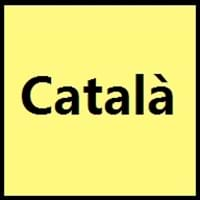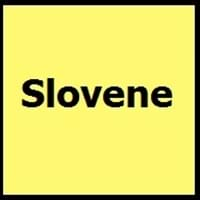Catalan vs Slovene
- Catalan is 6th most largely spoken Romance language.
- Catalan went through a golden age in low middle ages, reaching a peak of maturity and cultural richness.
- The Freising Monuments is the oldest preserved records of written Slovene from 10th century.
- The first Slovene book was printed in 1550.
Catalan and Slovene Language History
Comparison of Catalan vs Slovene language history gives us differences between origin of Catalan and Slovene language. History of Catalan language states that this language originated in c. 1028 whereas history of Slovene language states that this language originated in 972-1093. Family of the language also forms a part of history of that language. More on language families of these languages can be found out on Catalan and Slovene Language History.
Catalan and Slovene Greetings
People around the world use different languages to interact with each other. Even if we cannot communicate fluently in any language, it will always be beneficial to know about some of the common greetings or phrases from that language. This is where Catalan and Slovene greetings helps you to understand basic phrases in Catalan and Slovene language. Catalan word for "Hello" is Hola or Slovene word for "Thank You" is Hvala. Find more of such common Catalan Greetings and Slovene Greetings. These greetings will help you to be more confident when conversing with natives that speak these languages.
Catalan vs Slovene Difficulty
The Catalan vs Slovene difficulty level basically depends on the number of Catalan Alphabets and Slovene Alphabets. Also the number of vowels and consonants in the language plays an important role in deciding the difficulty level of that language. The important points to be considered when we compare Catalan and Slovene are the origin, speaking countries, language family, different greetings, speaking population of these languages. Want to know in Catalan and Slovene, which language is harder to learn? Time required to learn Catalan is 24 weeks while to learn Slovene time required is 44 weeks.





